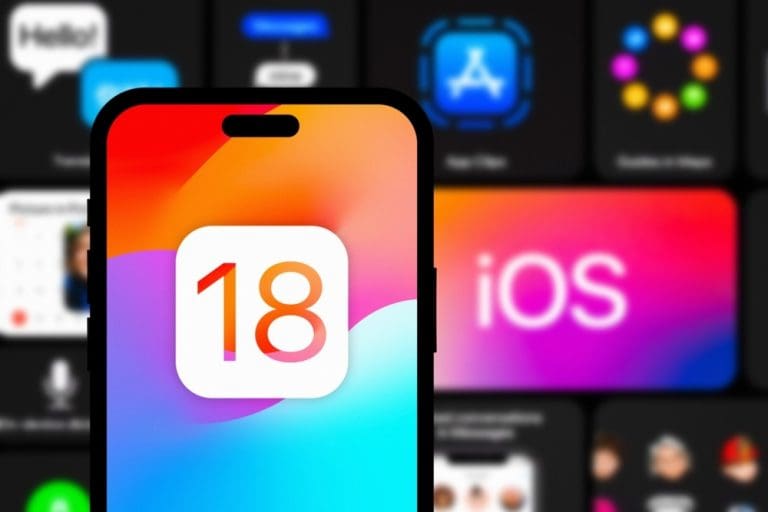Apple’s recent announcement of iOS 18 has sent ripples through the tech community, promising a host of innovative features that not only push the boundaries of what the iPhone can do but also address some long-standing user requests. This update, unveiled during Apple’s latest Worldwide Developers Conference (WWDC), focuses significantly on customization—a domain traditionally dominated by Android devices.
With iOS 18, Apple is taking a bold step by integrating customization options that have long been hallmarks of the Android experience. For years, Android users have enjoyed the flexibility to personalize their devices extensively, from adjusting home screen layouts to modifying system-wide themes. In contrast, iOS has maintained a more streamlined and uniform approach. However, this update signifies a shift in Apple’s strategy, reflecting its responsiveness to user feedback and its intent to broaden the appeal of the iPhone.
One of the standout features in iOS 18 is the introduction of customizable home screen widgets. While Apple first introduced widgets in iOS 14, iOS 18 takes it a step further by allowing users to tailor these widgets’ appearance and functionality more intricately. Users can now resize widgets, adjust their transparency, and even change their shapes. This move aligns iOS more closely with Android’s flexible widget system, offering iPhone users unprecedented control over their home screens.

In addition to widgets, iOS 18 brings a new level of customization to the lock screen. Users can now add personalized shortcuts and widgets directly to their lock screen, making key information and functions accessible at a glance. This feature mirrors the Android capability that allows quick access to apps and settings from the lock screen, streamlining user interaction and enhancing convenience.
Moreover, iOS 18 introduces “Theme Packs,” enabling users to apply system-wide themes that modify the appearance of icons, fonts, and interface elements. This feature has been a staple in the Android ecosystem for years, allowing users to reflect their personal style across their device’s UI. By adopting Theme Packs, Apple is catering to a growing demand for aesthetic personalization, allowing iPhone users to make their devices truly unique.
Apple has also enhanced the functionality of its Control Center in iOS 18. Users can now add, remove, and rearrange control tiles, customizing their quick-access settings to better suit their needs. This increased flexibility in the Control Center echoes Android’s robust quick settings customization and demonstrates Apple’s commitment to providing a more user-centric experience.
The announcement of these features has sparked excitement and debate among both Apple and Android enthusiasts. Apple fans are thrilled to see the company embracing a more customizable approach, making the iPhone experience more personal and versatile. Android users, on the other hand, recognize Apple’s efforts to bridge the gap between the two platforms, potentially making iPhones more attractive to those who have traditionally preferred Android for its customization options.
Beyond customization, iOS 18 also packs several under-the-hood improvements and new functionalities that enhance performance and security. Features like enhanced privacy controls, more powerful multitasking capabilities, and advancements in augmented reality reflect Apple’s ongoing commitment to innovation and user satisfaction.
As iOS 18 rolls out, it is poised to redefine how users interact with their iPhones, blending the reliability and elegance of Apple’s design with the freedom and flexibility that have been synonymous with Android. This update not only represents a significant evolution for iOS but also signals Apple’s responsiveness to its users’ evolving preferences and needs.
In summary, iOS 18 is a milestone in Apple’s software development, marking a shift towards greater customization and user empowerment. By incorporating elements traditionally associated with Android, Apple is acknowledging and responding to the diverse desires of its user base. This update is set to make the iPhone experience richer, more personal, and more aligned with the individuality of its users.




